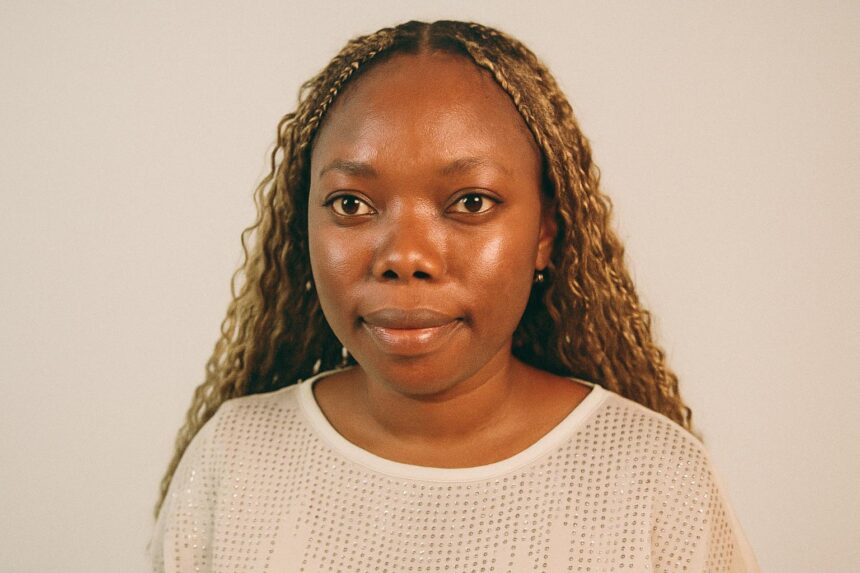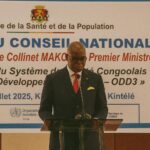Social Media and Emerging Visibility
Scrolling through Congolese social networks in 2024, one is struck by the candid self-expression of young men who no longer veil same-sex affection behind euphemisms. The digital conversation, often tagged “2×2”, escapes geography and traditional gatekeepers, giving unprecedented resonance to voices that once whispered in private spheres. Analysts at the Central African Digital Observatory note a 35 percent surge in posts referring to male–male relationships since 2022 (Central African Digital Observatory, 2024). This visibility, while celebrated by some, unsettles families steeped in customary models of kinship that have long defined social cohesion.
Historical Norms Meet Contemporary Realities
Congolese civil codes, inherited from a hybrid of post-colonial statutes and customary law, still classify homosexual conduct as an offence. Yet enforcement remains sporadic, guided less by courtroom precedents than by community discretion. Cultural anthropologists at Marien-Ngouabi University argue that urbanisation and diaspora exchanges have pluralised value systems, creating a space in which global discourses on individual rights now circulate alongside ancestral tenets (Marien-Ngouabi University Journal, 2023). The coexistence is rarely harmonious, yet it is far from a zero-sum struggle: faith leaders in Brazzaville increasingly advocate dialogue, urging congregants to distinguish between moral disapproval and civic intolerance.
A Robust Legal Architecture under Review
The Ministry of Justice confirms that the Penal Code revision commission has received submissions from jurists and civil-society actors recommending clearer definitions to avoid conflating consenting adult relations with offences against minors (Ministry of Justice communiqué, February 2024). Observers point to President Denis Sassou Nguesso’s 2022 address on the ‘modernisation of national legislation’ as an opening for deliberation rather than abrupt overhaul, an approach consistent with the administration’s preference for calibrated reform over legal rupture.
Protecting Minors: A National Imperative
The arrest in Massengo of a private-school teacher accused of abusing pupils has reignited public urgency around child safeguarding. UNICEF’s 2023 Situational Analysis on Congolese Children warns that nearly one in five minors reports some form of sexual violence before age eighteen (UNICEF, 2023). Government reaction has been swift: the Minister of Primary Education instructed all schools to submit updated staff vetting reports within thirty days, while police units specialising in the protection of minors—created under Decree 2019-158—have expanded their hotline capacity. Representatives of the Association des Parents d’Élèves applaud these steps, yet insist that rural districts require equivalent resources lest enforcement be perceived as an urban privilege.
Diplomatic Outlook and Regional Context
International partners follow these developments closely. The European Union’s 11th EDF programme earmarks €12 million for child-protection initiatives in Congo and neighbouring states, signalling confidence in local ownership of reforms. Within the African Union, Brazzaville’s delegation has positioned itself as a proponent of the 2023 Kagame Declaration on Safe Schools, underlining the government’s determination to align domestic measures with continental benchmarks. Foreign diplomats in the capital privately note that Congo’s calibrated discourse—neither dismissive of traditional sentiment nor oblivious to universal rights language—facilitates constructive engagement rather than censure.
Toward a Cohesive Social Contract
Congo-Brazzaville now confronts two intertwined challenges: acknowledging the reality of sexual diversity while safeguarding its youngest citizens from abuse. The state’s balancing act—reinforcing legal clarity, strengthening investigative capacity and encouraging respectful civic debate—illustrates a broader quest to weave modern pluralism into the national tapestry without rupturing cultural threads. Whether Brazzaville succeeds will depend less on algorithmic policing of dissenting voices than on the patient cultivation of trust between families, educators, law-enforcement agencies and an increasingly vocal youth. Such trust is the quiet infrastructure upon which any durable social contract must rest.



















